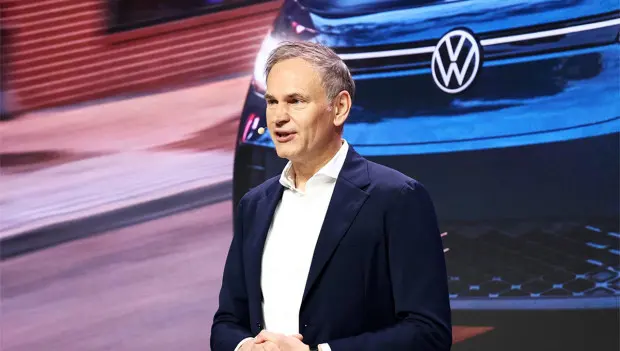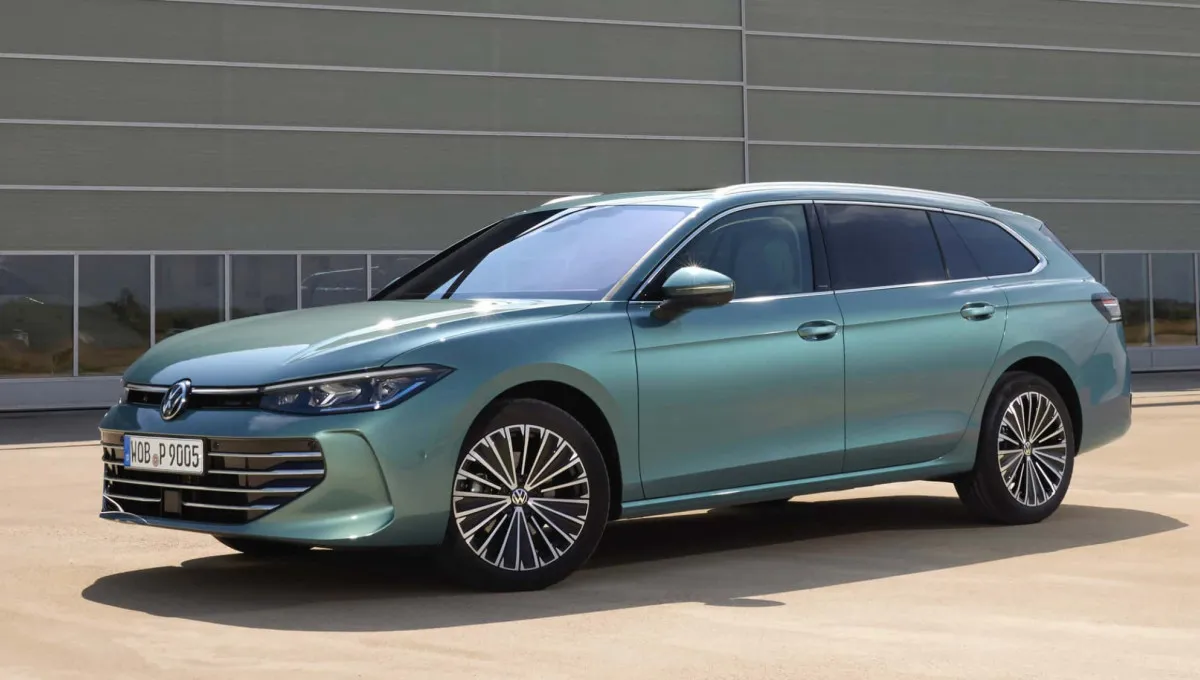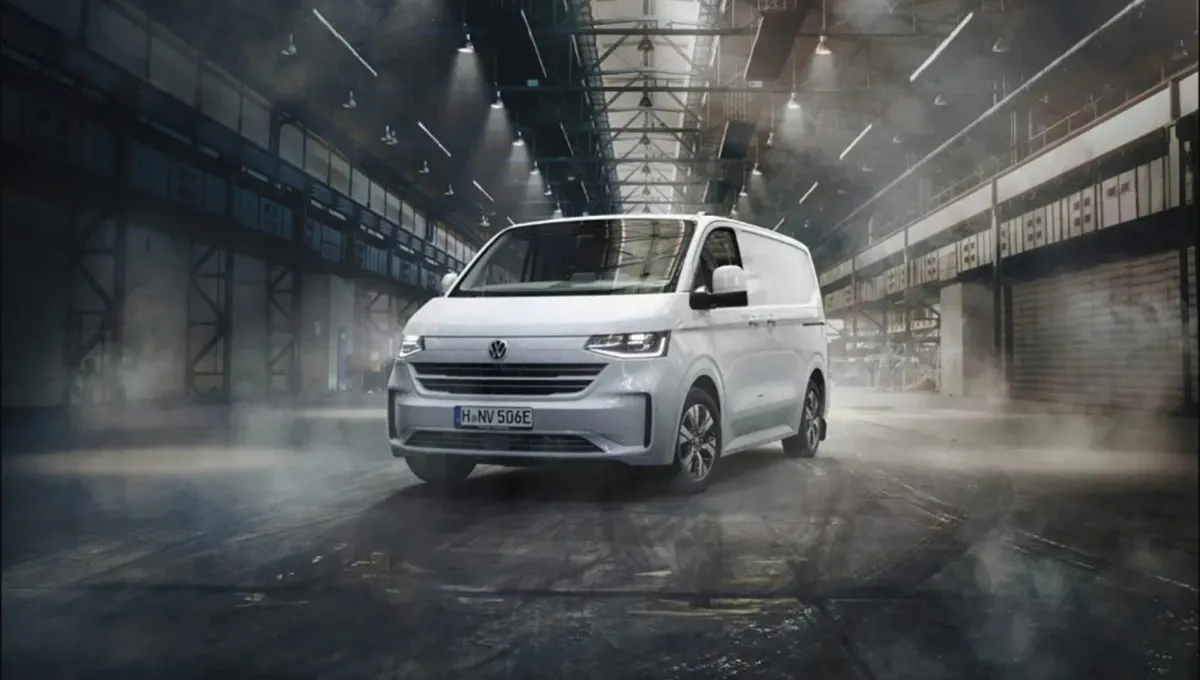Volkswagen CEO acknowledges company's problems and names main reason
VW CEO named one of the important reasons for the crisis in the German auto industry, but despite the difficulties, it still enjoys "unconditional global recognition"

Volkswagen CEO Oliver Blume noted that despite current difficulties, the German auto industry still enjoys "unconditional recognition" worldwide.
In an interview with the Süddeutsche Zeitung, Blume admitted that the company is technologically behind, especially in key areas such as software and electric engines. According to him, the German auto industry "remained in its comfort zone for too long" and failed to respond in time to changes that are rapidly transforming the global auto market.
"We have been resting on our laurels for too long. Our business model for decades was that we developed and produced here for the whole world. We understood too late that the world is changing extremely quickly and dynamically," said Blume.

He also added that Volkswagen failed to adjust to new customer expectations, and this has led to a significant lag behind competitors, especially in "digital" and electric technologies.
Nevertheless, according to Blume, trust in the German auto industry remains, and it is still perceived worldwide as a benchmark of quality.
The company is currently experiencing a crisis: two plants are already closed in Germany, and media reports suggest that the Chinese company Chery may purchase them.
In December 2024, Volkswagen announced a reduction in production volumes by nearly 734,000 vehicles — about a quarter of its capacity in Germany.
Additionally, the company stated plans to cut 35,000 jobs in the country — a measure the management considers necessary under the current conditions.
You may also be interested in the news:

Stellantis Plans to Strengthen Dealer Partnerships to Boost Sales and Market Growth
The move comes amid efforts to restore sales volumes and market share following a dip in North American sales.

“Let Them Come”: Trump Signals Openness to Chinese Automakers Leaving Russia for the U.S.
Trump says the U.S. is ready to welcome Chinese carmakers—under strict conditions

Volkswagen Sends the New T-Roc R Into Winter Testing: First Photos Reveal a 333-hp Sport SUV With a 2.0-Liter Turbo and Mild Hybrid Tech
Volkswagen continues to expand its lineup of high-performance models, proving it has no intention of dialing back maximum capability—even in the SUV segment.

Beats Every Rival: Experts Name the Best Wagon of 2026
This model stands out with a roomy interior and a large cargo area.

Longer Range and All-Wheel Drive: Volkswagen Unveils Updated e-Transporter and e-Caravelle
For 2026, the Volkswagen e-Transporter takes a major step forward.